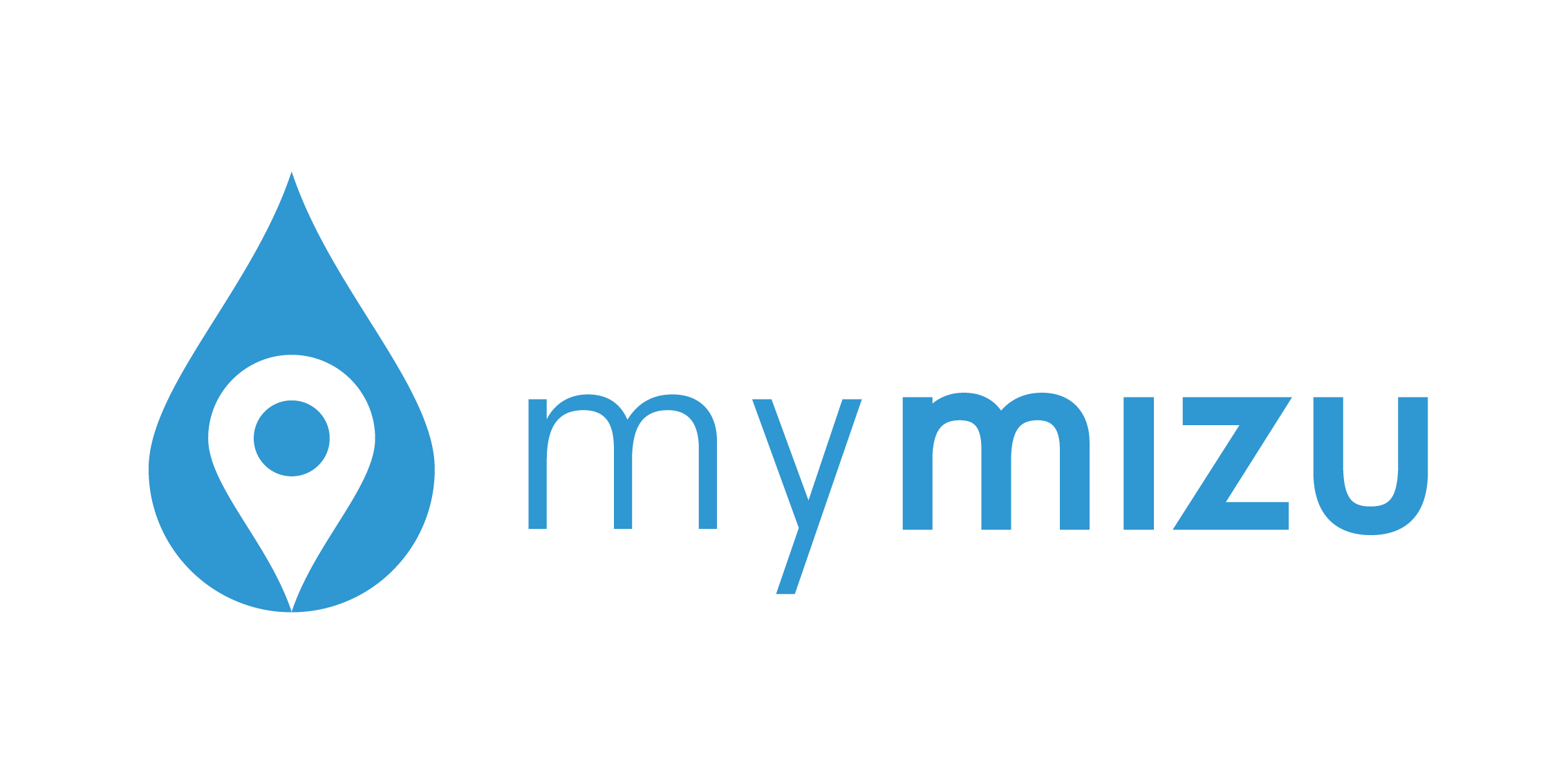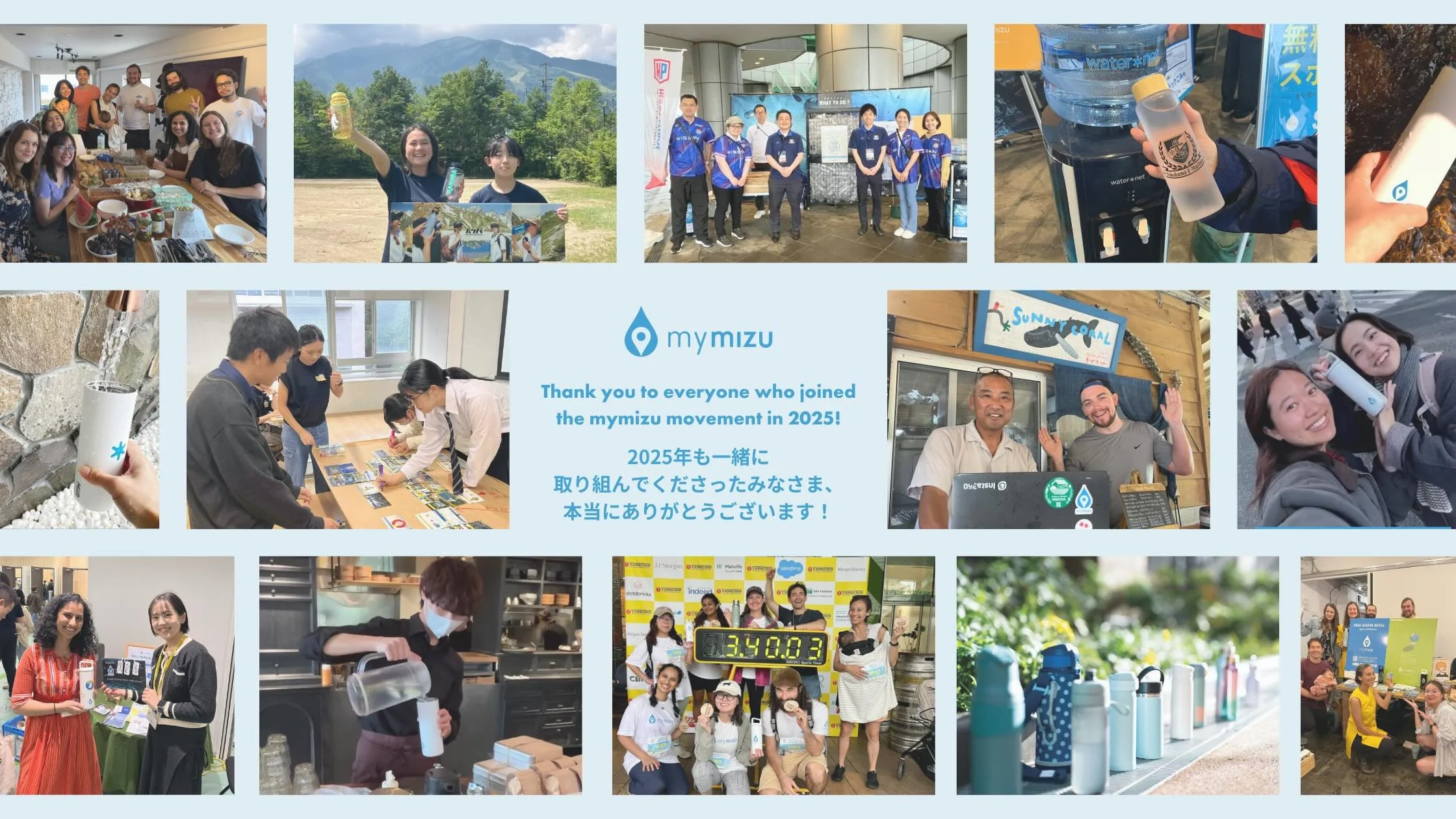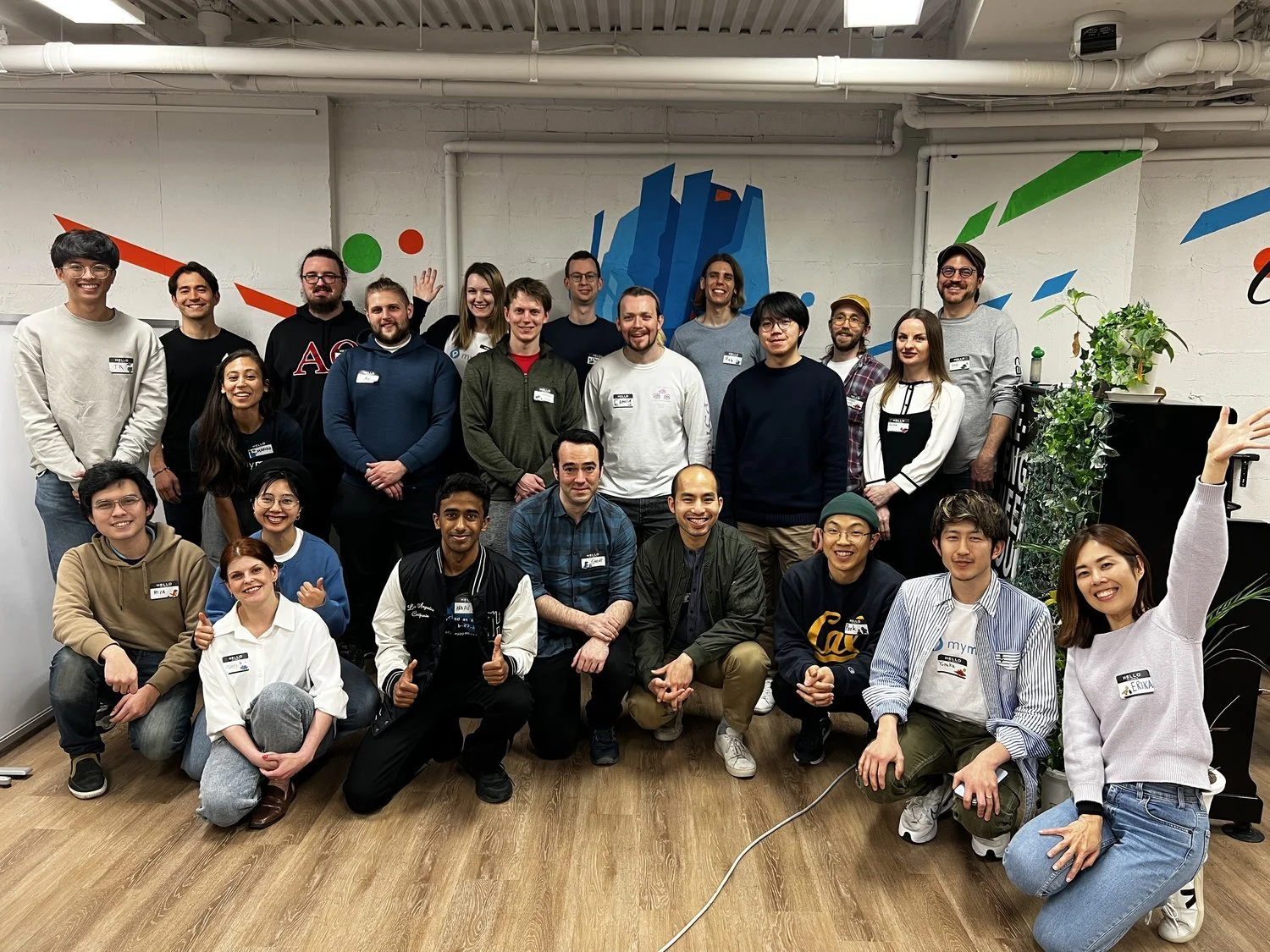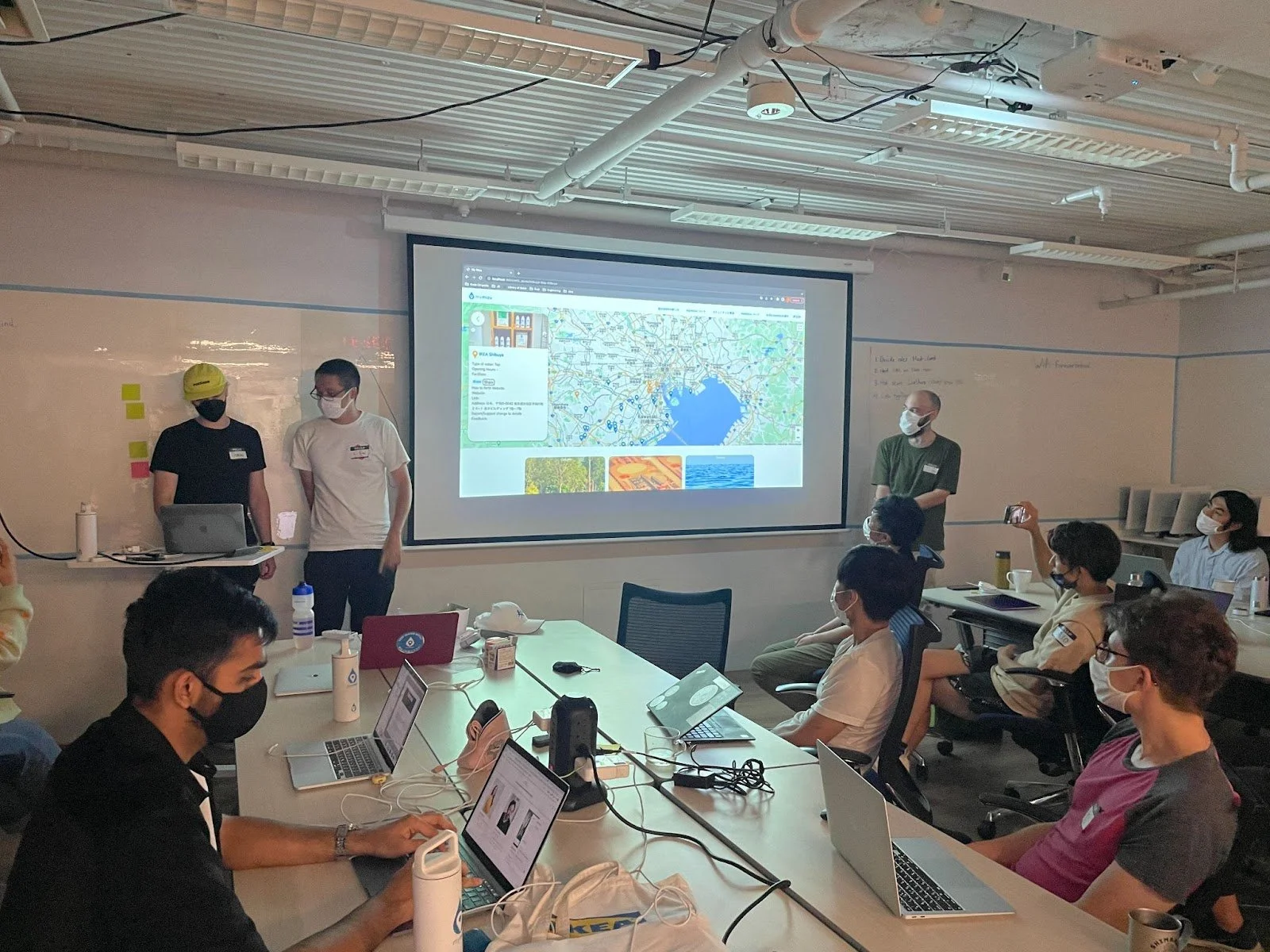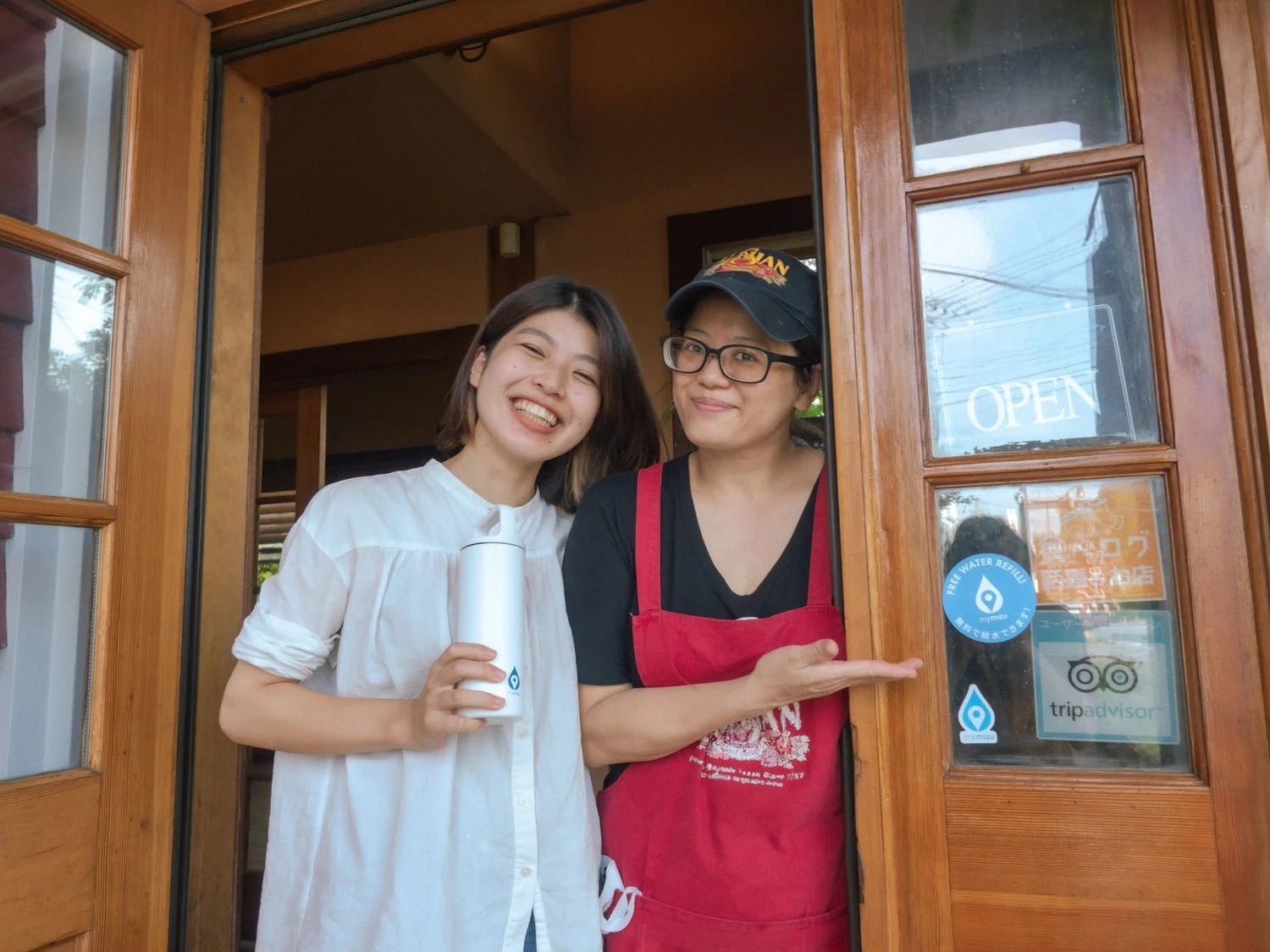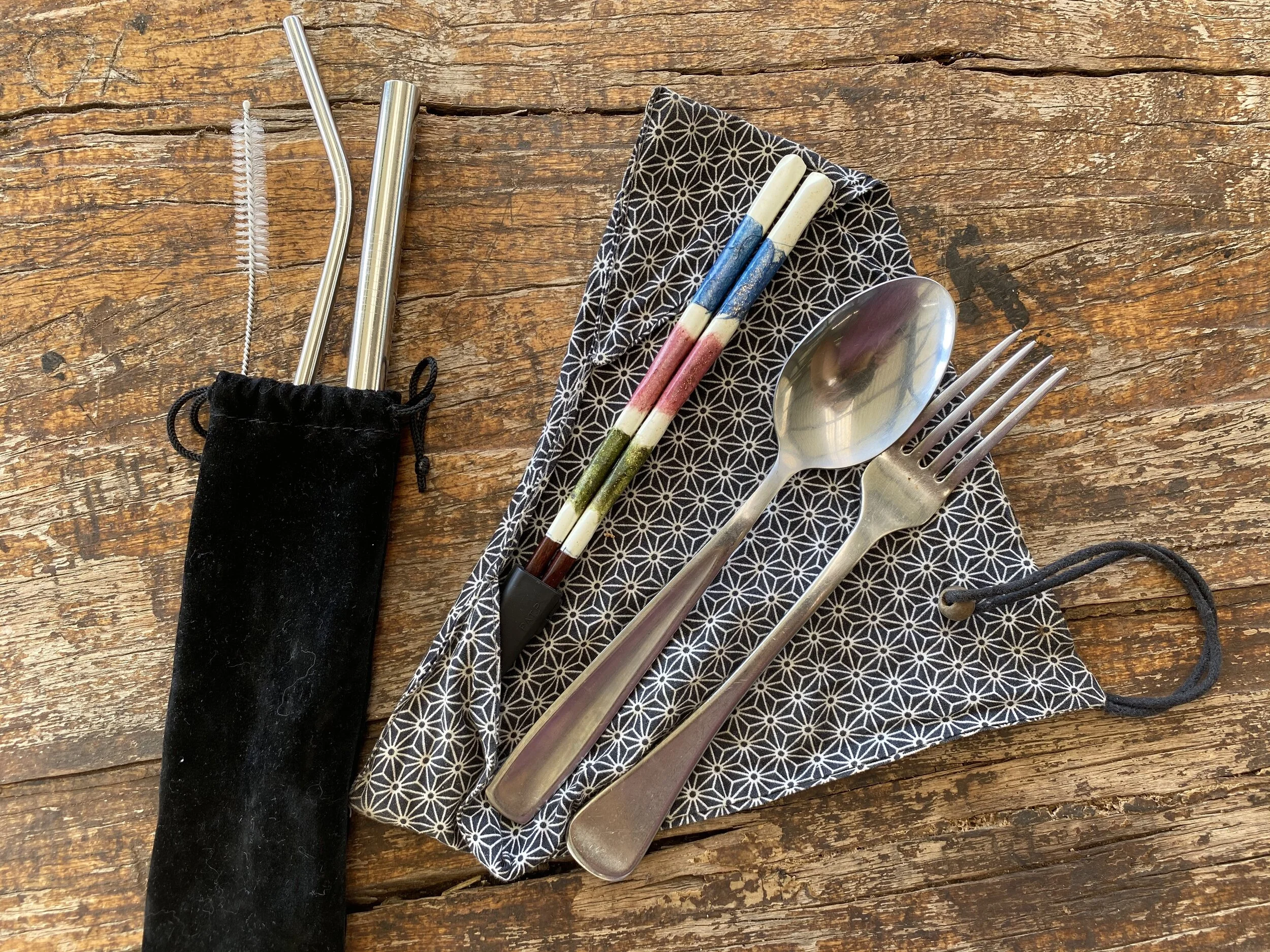Six years after the launch of mymizu, 2025 marked another meaningful step in our journey to expand free water refills across Japan and the world—made possible by the continued support of our community.
Read Moremymizu was created to encourage people to make better use of Japan’s clean, safe tap water.
In this blog, we’ll cover: Why Japanese tap water is safe and beneficial, tips for making tap water taste even better, and how we can all contribute to a sustainable future.
Read MoreCelebrating five years since our launch, 2024 has been a landmark year in our journey towards a more sustainable society, thanks to your invaluable support!
Read MoreRecently, our strategic partner, MEISUI Co., and mymizu visited the British School in Tokyo (“BST”) in Azabudai Hills!
The school is equipped with more than 20 MEISUI filtered water coolers. The children bring their favorite bottles to school and use the water servers to refill their bottles.
This summer, the mymizu team was excited to welcome Eva, an intern from the U.S., who joined our tech team! Eva worked on the mymizu app, contributing to research, design, and app development. Here, she shares her experience of learning new skills—like mobile app development—and exploring Japan for the first time.
Read MoreA look back at our collective impact in 2023 and some of our favourite community stories
Read MoreBringing together students from across Japan to share, connect and co-create 💪
Read MoreThe inspiring story of University of Tokyo students who successfully campaigned to install water servers on campus 💪
Read MoreWhen a bunch of programmers come together with a common cause, remarkable things happen.
Read MoreA recap of how mymizu web came to be and the community and hackathon that made it happen.
Read More2022: another big year for mymizu! Here’s a look back at our impact in 2022, including a message from our co-founders and a highlights video.
Read MoreHere’s a list of eco-friendly businesses, apps, ideas and resources to help you kickstart your Zero Waste lifestyle in Japan!
Read MoreA look back at our impact in 2021 :)
Read MoreIn MixPanel’s “Ask an Expert” series, Product Lead at mymizu Tanmay Goel explores building the product vision, encouraging active usage, and why data and metrics matter.
Read Moremymizu Co-founder Robin Lewis reflects on 10 lessons we’ve learnt since launching in 2019.
Read More$30,000. 30 days. 1 mission. What we learnt from running a Kickstarter campaign that was funded in 48 hours.
Read MoreBulk food shops are slowly gaining more popularity in Japan but it could still be a struggle to find one in your neighborhood. In Australia, however, bulk shops tend to be quite accessible as there are a few located in each city. I recently had the opportunity to interview Jess Smith, the owner of Ningaloo Bulk Foods. By reading this article, you will find the key to the success and behind-the-scenes of her zero-waste bulk shop!
Read MoreWith the outbreak of COVID-19, the consumption of single-use plastics has been on the rise, perhaps due to their perceived hygieniene or convenience. Now, are plastic products really that hygienic compared to reusable products? You may be surprised to know how easy it is to lead a wallet-friendly plastic-free life! All you need to do is incorporate some new habits into your daily life. In this article, we will introduce you 10 practical tips for living plastic-free in Japan. Get ready to be blown away!
In the previous article, we discussed the origin of marine plastics and microplastics, and their impact on our health. But why is there such a large amount of marine plastic waste in the first place? Annual global production of plastic has increased 20 times in the last 50 years.
The annual output of plastic is about 380 million tons, which is equivalent to the weight of all mankind. As I mentioned in the first part, 8 million tons, about seven Tokyo Domes, will end up in the ocean every single year!
Read More